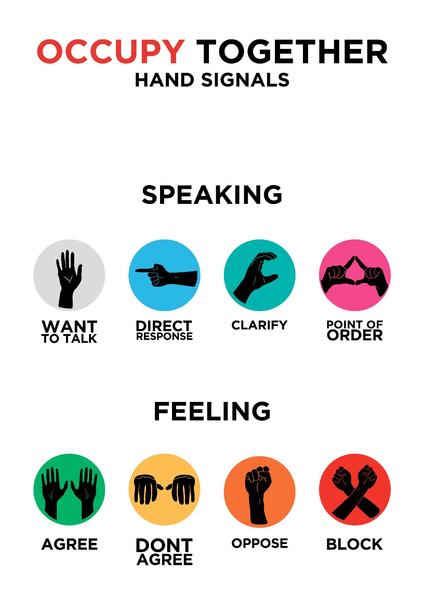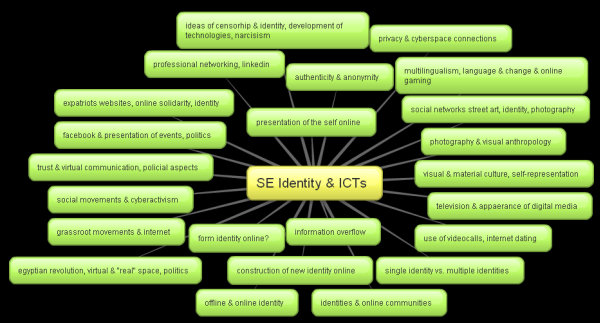In this MA seminar at the Department of Social and Cultural Anthropology, University of Vienna, we explore digital media technologies from an anthropological/ethnographic perspective in the context of material culture.
More info
This course gives an overview about material culture as a conceptual and practical approach to understand digital technologies. In doing so, it focuses on the everyday incorporation and utilization of digital technologies.
Mobile networked digital media technologies, such as smart phones, as well as social media platforms and services, such as Facebook or Instagram, have become important (visual) communication and (re)presentation tools. For social and cultural anthropology it is of particular interest how these digital devices and technologies are integrated and embedded into everyday life, by considering changing sociocultural, political and economic contexts. This course focuses in particular on the material aspects of digital technologies and how they are utilized on a day-to-day basis. Questions about the relevance of a material culture approach for (the understanding of) technology appropriation – on a theoretical and practical level – as well as questions about (culturally) different usage practices are discussed. How does the understanding and conceptualization of digital technology as material culture contribute to the exploration and analyses of contemporary and emerging sociocultural practices and processes in increasingly digital societies?
By working on different online case studies, students get a comparative overview about material culture in a digital context.
Continue reading Seminar: Digital Technologies as Material Culture 2020

